Optimizing Sensor Network Lifetime with S-Tree Seed Algorithm and Fuzzy Operated Clustering
Problem Definition
The problem of power consumption in IoT devices in sensor networks during communication periods is a critical issue that needs to be addressed. Current protocols are not efficient enough, leading to energy wastage that significantly decreases the lifespan of sensor devices in the network. This inefficiency in energy utilization and communication among sensors further results in challenges in data transmission. The main hurdle is the formation of energy-efficient clusters and the selection of dynamic cluster heads to facilitate effective data transmission while minimizing power consumption. These limitations in existing protocols highlight the urgent need for a solution that can optimize energy usage in sensor networks and improve overall network performance.
By addressing these issues, the research aims to enhance the efficiency and longevity of IoT devices in sensor networks, ultimately improving the reliability and functionality of the entire system.
Objective
The objective of the research project is to develop an advanced energy-efficient routing protocol for IoT devices in sensor networks to address the current power consumption challenges. This protocol aims to minimize power usage during communication periods while ensuring successful data transmission. By focusing on optimizing energy usage and improving data transmission efficiency through dynamic cluster formation and strategic selection of cluster heads, the research aims to enhance the overall network performance and prolong the lifespan of sensor devices. Additionally, the project will explore application areas for the protocol, define and execute an optimized algorithm, address existing problems with a proposed methodology, and analyze experimental results using MATLAB software for effective research development and implementation.
Proposed Work
The research aims to address the current power consumption challenges in Internet of Things (IoT) devices within sensor networks, particularly during communication periods. By conducting a thorough literature survey, it was identified that existing protocols are not efficient enough, resulting in significant energy wastage and reduced lifespan of sensor devices. To tackle these issues, the proposed work will focus on developing an advanced energy-efficient routing protocol that prioritizes minimal power consumption while ensuring successful data transmission. This new design will be implemented in areas where sensor networks are prevalent, leveraging the concept of wireless sensor networks for communication.
The key objectives of this project include exploring application areas for the protocol design, defining and executing an optimized algorithm for energy-efficient sensor communication, addressing existing problems with a proposed methodology, and analyzing experimental results and research findings.
By introducing a dynamic approach to cluster formation and strategic selection of cluster heads, the project aims to enhance data transmission efficiency and prolong the battery life of sensor devices. Additionally, the choice of MATLAB as the software tool will provide the necessary platform for developing and implementing the proposed algorithm, ensuring a streamlined and effective research process.
Application Area for Industry
This project can be applied across various industrial sectors where IoT devices and sensor networks are prevalent, such as smart cities, agriculture, healthcare, manufacturing, and environmental monitoring. By implementing the proposed energy-efficient routing protocol and dynamic cluster formation techniques, industries can address the challenges of power consumption in IoT devices during communication periods. This solution not only optimizes energy utilization but also enhances data transmission efficiency, contributing to increased operational effectiveness and cost savings. Industries can benefit from prolonged battery life in sensor devices, improved network reliability, and enhanced overall performance, ultimately leading to enhanced productivity and competitiveness in the market.
Application Area for Academics
The proposed project focusing on developing an advanced energy-efficient routing protocol for IoT devices in sensor networks has significant implications for academic research, education, and training in the field of wireless sensor networks. By addressing the issue of power consumption during communication periods, the research provides a valuable contribution to the existing knowledge base and opens up avenues for further exploration in this domain.
Academically, the project enriches research by introducing new methodologies for enhancing energy efficiency in IoT devices, particularly in sensor networks. The use of advanced algorithms like the Sign Tree Seed Algorithm (STSA) presents a unique approach to cluster formation and selection of dynamic cluster heads. Researchers can leverage this work to explore innovative research methods, simulations, and data analysis techniques within educational settings.
The project's relevance lies in its potential applications for researchers, MTech students, and PHD scholars working in the field of wireless sensor networks. The code and literature developed in this project can serve as a valuable resource for conducting further research, implementing energy-efficient solutions, and exploring novel algorithms for data transmission in sensor networks.
In terms of technology covered, the project focuses on utilizing MATLAB software and algorithms such as the Fuzzy Semen algorithm (FSM) and the Sign Tree Seed Algorithm (STSA) for cluster formation and energy optimization in IoT devices. This specialized focus on energy efficiency and data transmission in sensor networks caters to the specific needs of researchers and students in this field.
Overall, the proposed project has the potential to significantly impact academic research, education, and training by offering insights into energy-efficient routing protocols and innovative approaches to addressing power consumption challenges in IoT devices.
The future scope of this research includes expanding the application of advanced algorithms and exploring real-world implementations of energy-efficient solutions in sensor networks.
Algorithms Used
The project utilizes two primary algorithms for enhancing the efficiency and accuracy of data transmission in IoT networks. The Fuzzy Semen algorithm (FSM) is employed for dividing the network into grids and forming clusters, while the Tree Seed Algorithm (TSA) assists in cluster formation. The proposed Sign Tree Seed Algorithm (STSA) aims to replace FSM to reduce equidistant in the network, thereby improving overall performance. These algorithms play a crucial role in optimizing energy consumption and prolonging battery life in sensor devices. The research focuses on developing an energy-efficient routing protocol to facilitate successful data transmission, particularly in sensor-dominant areas.
By implementing dynamic cluster formation and strategic cluster head selection, the project aims to enhance the efficiency of data transmission within the IoT network. The integration of wireless sensor networks with the IoT concept further enhances communication and data transmission capabilities.
Keywords
SEO-optimized keywords: power consumption, IoT devices, sensor networks, communication periods, inefficient protocols, energy wastage, data transmission challenges, energy-efficient clusters, dynamic cluster heads, minimal power consumption, energy-efficient routing protocol, data transmission efficiency, battery life, Internet of Things, wireless sensor networks, MATLAB, clustering, routing, fuzzy system, tree seed algorithm, algorithm execution, sensor communication, smart applications, dynamic approach.
SEO Tags
power consumption, IoT devices, sensor networks, communication protocols, energy wastage, data transmission challenges, energy-efficient clusters, dynamic cluster heads, routing protocol, minimal power consumption, sensor communication, battery life, Internet of Things (IoT), wireless sensor networks, MATLAB, clustering, fuzzy semen, tree seed algorithm, algorithm execution, smart applications, dynamic approach.
| Shipping Cost |
|
No reviews found!














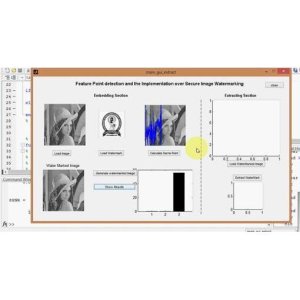
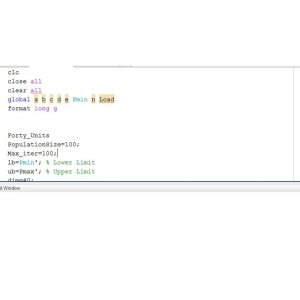
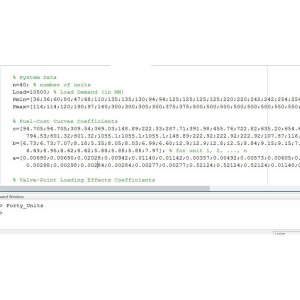
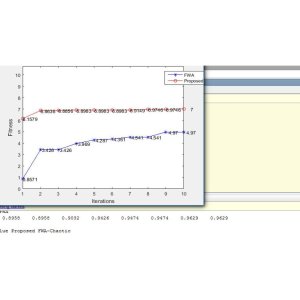
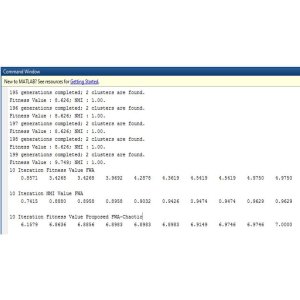


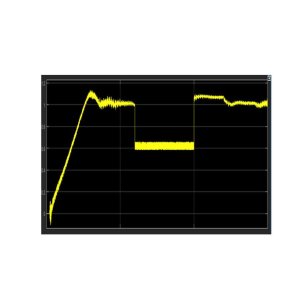
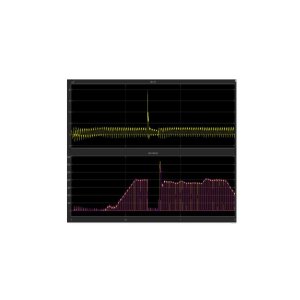































No comments found for this product. Be the first to comment!